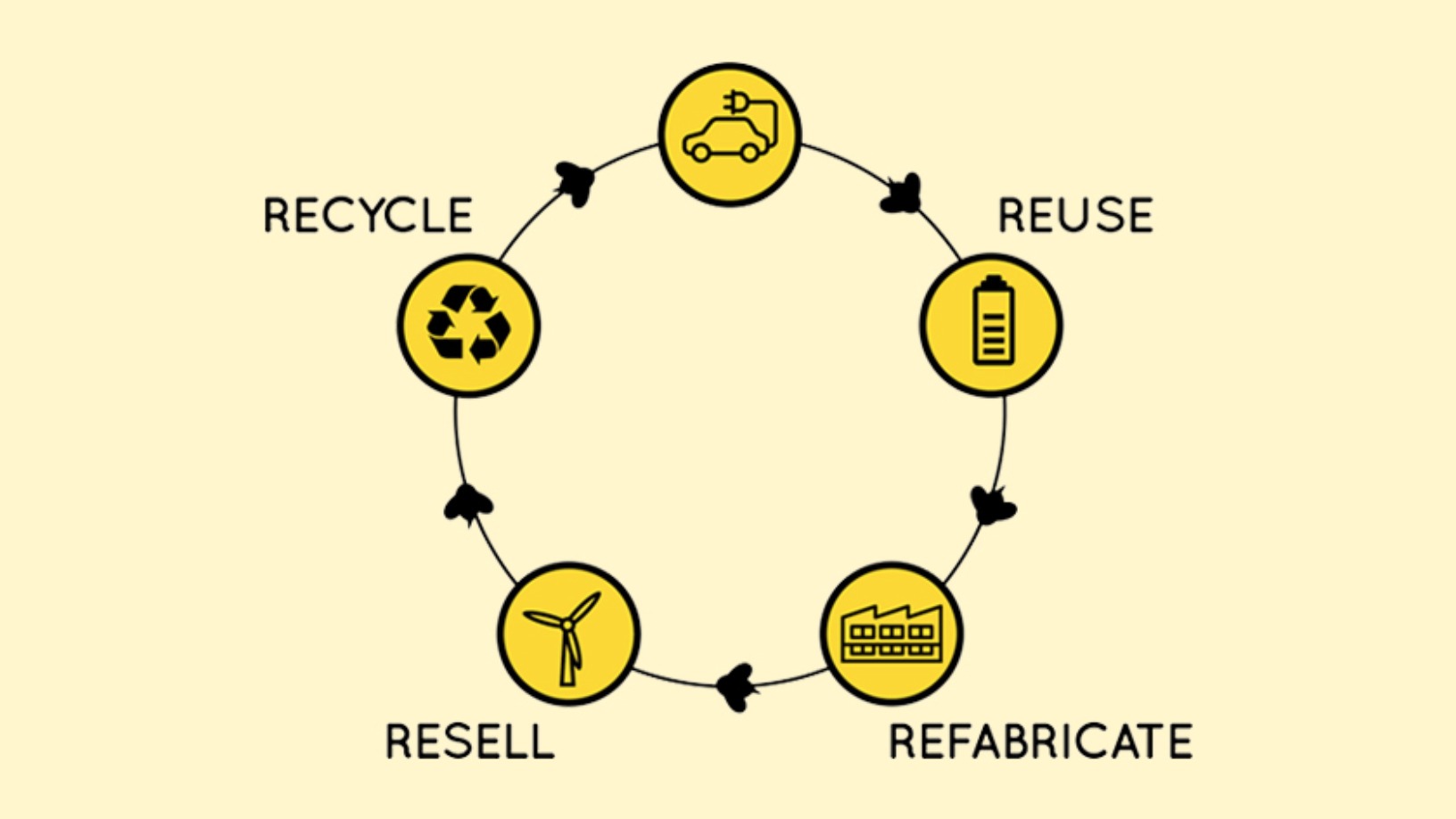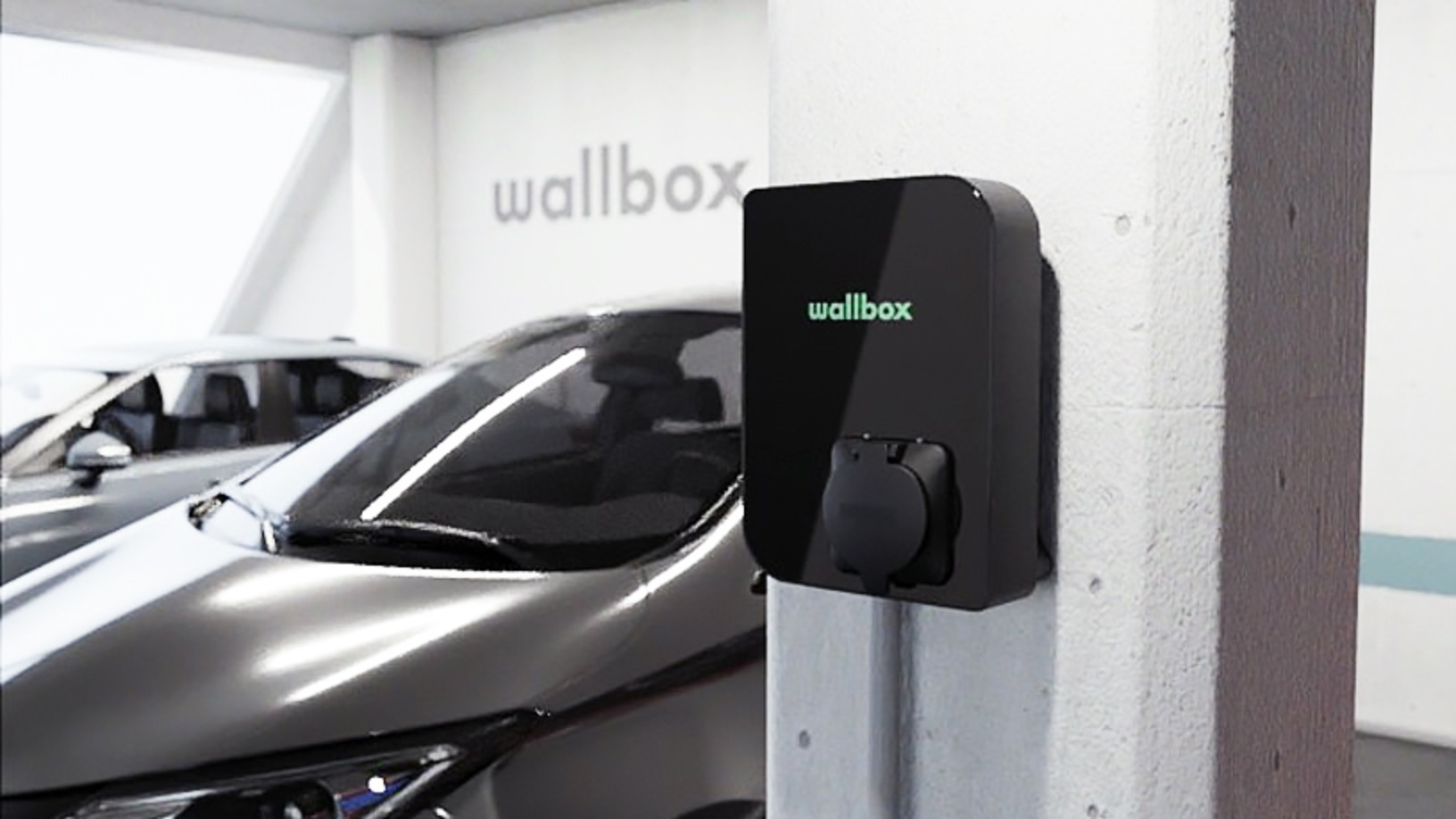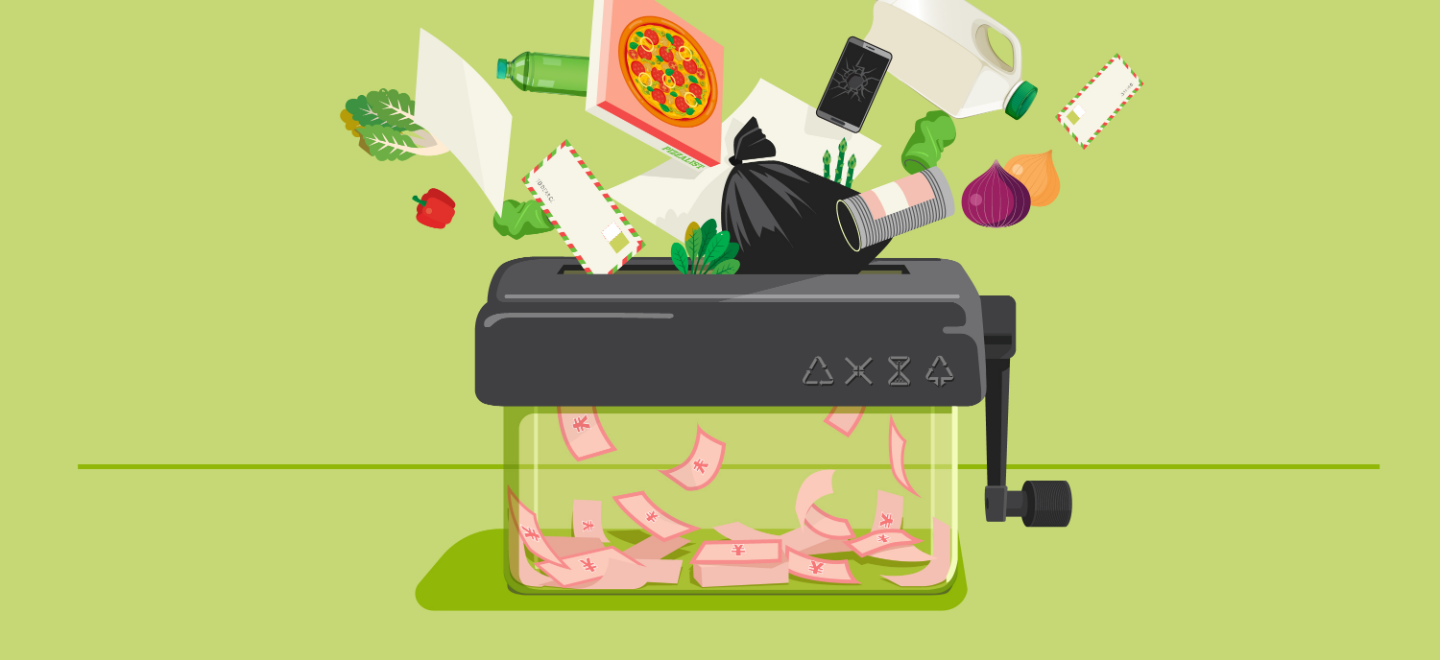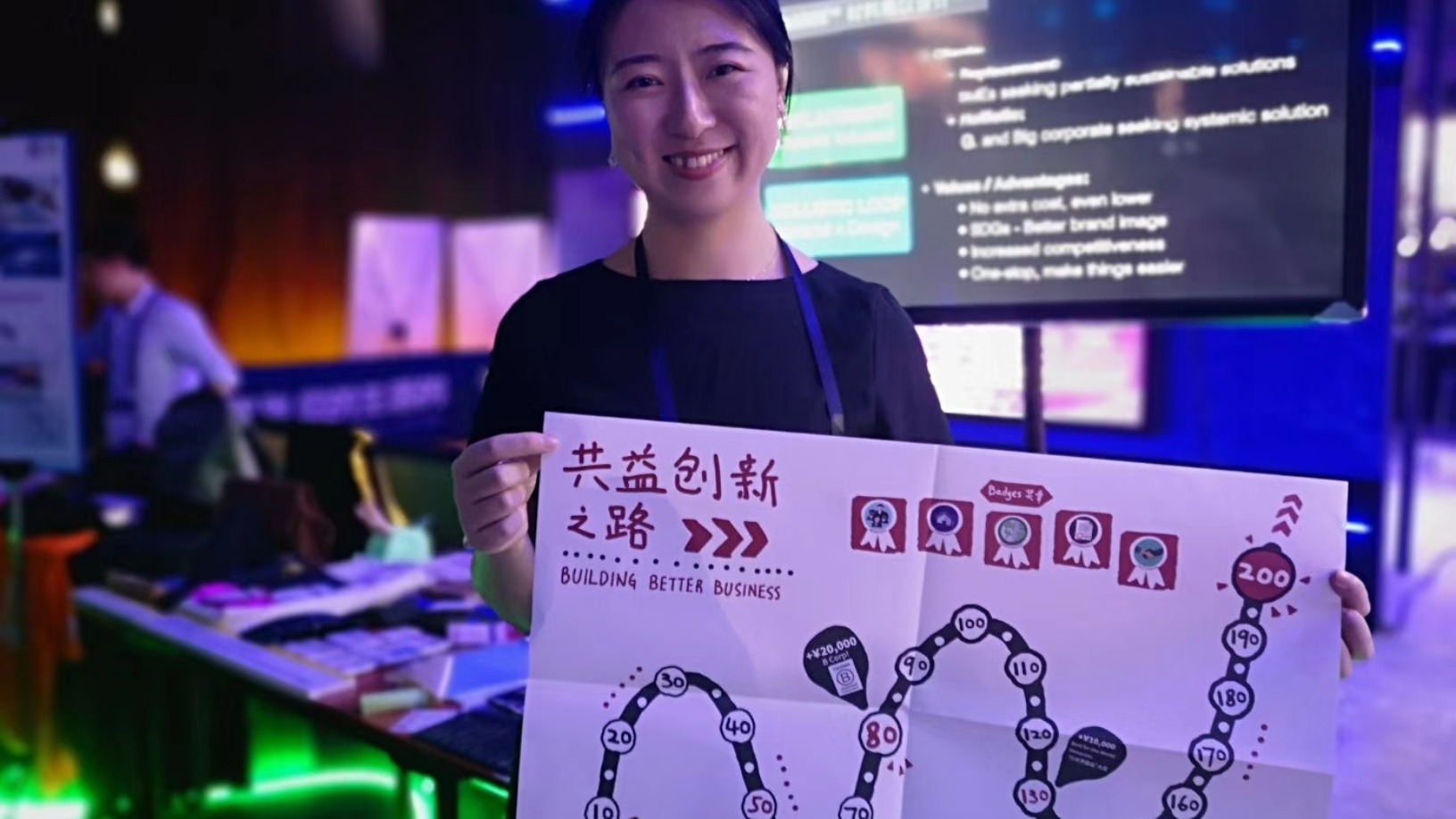More than 5m electrical-vehicle (EV) batteries are now in use around the world. By 2030, this number is forecast to reach 125m. If not properly managed, there will be a dramatic increase in the number of end-of-life batteries to be disposed of, potentially creating a huge waste problem. For BeePlanet Factory, that’s a business opportunity.
Founded in 2018 and bootstrapped with an initial capital of €300,000, BeePlanet Factory’s business model is built on the reuse of EV batteries for domestic and industrial uses. Founders, Jon Asín (CEO), Agustín Idareta (COO) and Carlos Llonis (CSO), all engineers with international experience in operations and supply chain in the automotive and energy sectors, have designed a circular economy business model with used EV batteries.
The company calls these batteries B2U (Battery 2nd Use), or second life batteries, because at the end of their primary use in electric vehicles, usually in 10 years, they will still have 70–80% of their storage capacity left.
“End-of-life batteries represent one of the great challenges in electric mobility sector. We want a model in which waste is turned into a profitable business,” the company said. “This is how we design our business model: recycle, dismantle, reuse, refurbish and resell.”
According to Asin, batteries are the least understood in the energy sector. “The battery’s life cycle and related carbon footprint have to be taken into account, starting with extraction of the minerals needed for its manufacturing to the impact of its transportation to the other side of the world,” he said.
Storing like bees
BeePlanet Factory offers green energy storage solutions with three battery packs that range in size from 4kWh–200kWh. The smallest, BeeBatteryHome (4kWh–12kWh), enables storage of surplus energy produced by PV panels for residential use in isolated systems or connected to the grid.
The medium-sized BeeBatteryPack (16kWh–32kWh) is suitable for SMEs and the larger BeeBatteryPower (33kWh–200kWh) can provide storage for energy from industrial-scale PV and wind plants.
The first prototype, an 8kWh battery, was installed in the Navarre Polytechnic University. Other prototypes were placed in houses. The company estimates that a 4.5kWh battery can store enough energy to cater to peaks in demand of a single-family house with solar PV panels. It aims to cut users’ power bills by up to 80%.
The name, BeePlanet Factory, was chosen because “Be Planet” reflects the company’s commitment to environmentally friendly practices and “Bee”is a reminder of how beehives exemplify storage solutions and circular models. Based on environmental LCA (life cycle analysis), BeePlanet Factory estimates its products will save more than 4,200 kg of CO2 emissions compared to manufacturing new batteries.
The hardware components of the battery packs are made in Pamplona, where the startup is based. Most of the startup’s business is in Navarre and Catalonia, where it operates through its partner Becquel, which takes care of engineering and installation throughout the region. The batteries can be connected to solar or wind installations in less than an hour.
The company also provides customers with an online monitoring service through the BeeApp, which can be used to manage the installation, monitor energy consumption, verify battery status and measure savings in emissions.
Filling supply gaps
BeePlanet Factory ramped up its business quite rapidly in 2018 with a partnership with Nissan to reuse the company’s dismantled EV batteries from its compact electric vehicle, Nissan Leaf. “Nissan is a pioneer in the sector. The company has been selling Nissan Leaf vehicles for over 10 years and has enough batteries to support the development of our product in the long run,” said Asín.
Amid the Covid-19 pandemic, Iberdrola, a leading green energy provider in Spain, launched Energía Positiva+, a €4m program to contribute to post-Covid economic recovery. As the winner of the program, BeePlanet Factory is collaborating with Iberdrola on a project to instal second life batteries in EV charging stations.
“We assess energy needs for each use case to provide the customer with the best option available. Our products are intended for SMEs and industrial plants in agricultural or livestock farms that have temporary peaks in power demand,” said the founders.
“Our goal is to fill gaps in the energy supplies; we are not competing with the existing network in Spain,” said Asín. The company is now working on two energy storage solutions to integrate its BeeBatteryPower into wind and solar plants.
The startup is now eyeing opportunities to scale its solutions in the agri-food sector, camping sites and mountain huts where energy storage solutions are in demand. “The market for second life batteries is going to increase exponentially and in the same proportion as electric mobility, although with a five-year lag. We expect spikes in volume starting from 2023,” Asin added.












